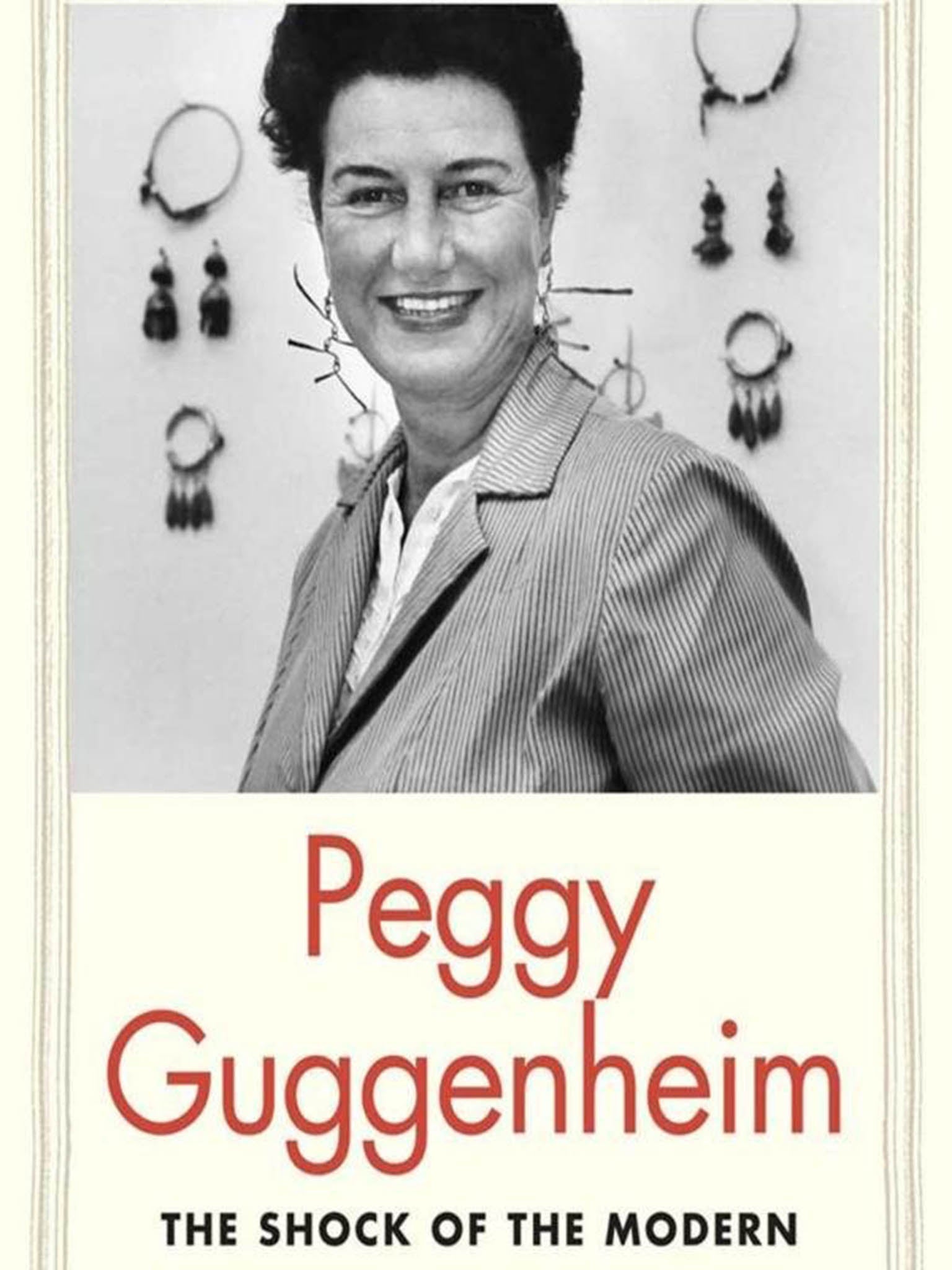Peggy Guggenheim: The Shock of the Modern, by Francine Prose - book review: Arts doyenne? Yes .... Saint? No
Francine Prose tells the story of her life almost more as a story than a biography, unafraid to query and wonder

Peggy Guggenheim has always been one of those women it’s hard to categorise. Yes, she is known for her museum in Venice that showcases some of the best of the modern masters. Yes, she is known for her wealth, and to those who have read biographies of her life, for her promiscuous lifestyle, the many husbands and affairs.
But how do these things explain her, when we consider influential or important figures from the 20th century? Francine Prose tells the story of her life almost more as a story than a biography, unafraid to query and wonder when Guggenheim writes, for example, about her only daughter’s early death. “Everything about it seems slightly off, misguided,” writes Prose, before she goes on to examine exactly what Guggenheim might have meant, what her relationship with her daughter might truly have been.
“Slightly off, misguided” seems a good description of Guggenheim’s life as a whole. Devastated when she was young by the loss of her father, who went down with the Titanic, Guggenheim married early, to Laurence Vail, with whom she had two children. The marriage was scarred by drunken rows and Vail often struck her. Eventually she left him, for John Ferrar Holmes, with whom she also had drunken rows and who also hit her. Prose wonders about this, but it seems clear that Guggenheim, who tried to have her nose altered to improve her appearance, suffered from an inferiority complex with regard to both her looks and her intelligence. There’s a deeply disturbing sense from these relationships that she felt she didn’t deserve any better.
It could be argued that art saved her, and Prose does go some way to asserting this. Guggenheim was full of contradictions: she was a loving but also negligent mother; she was both generous with her money and notoriously mean; she was both embarrassed by and proud of her Jewish heritage; she was submissive in personal relationships but also controlling. In a way, discovering new artists and showcasing them allowed for some of these contradictions in her to play themselves out in a more profitable way: we can see her disputes with Jackson Pollock, for example, in this light where, of course, Guggenheim won out. For all her inferiority complex, she often did win.
Mostly, though, Prose situates Guggenheim right in the middle of the Modernist experiment, as a new kind of woman who is hard to define, and in that she is a perfect product and reflection of her age, never less than fascinating. Without her, modern art would be much the poorer. But the history of 20th-century women who made a great mark on culture would be poorer, too, and we shouldn’t expect such women to be containable or easy to define.
Peggy Guggenheim: The Shock of the Modern, by Francine Prose, Yale University Press £16.99
Join our commenting forum
Join thought-provoking conversations, follow other Independent readers and see their replies
Comments
Bookmark popover
Removed from bookmarks